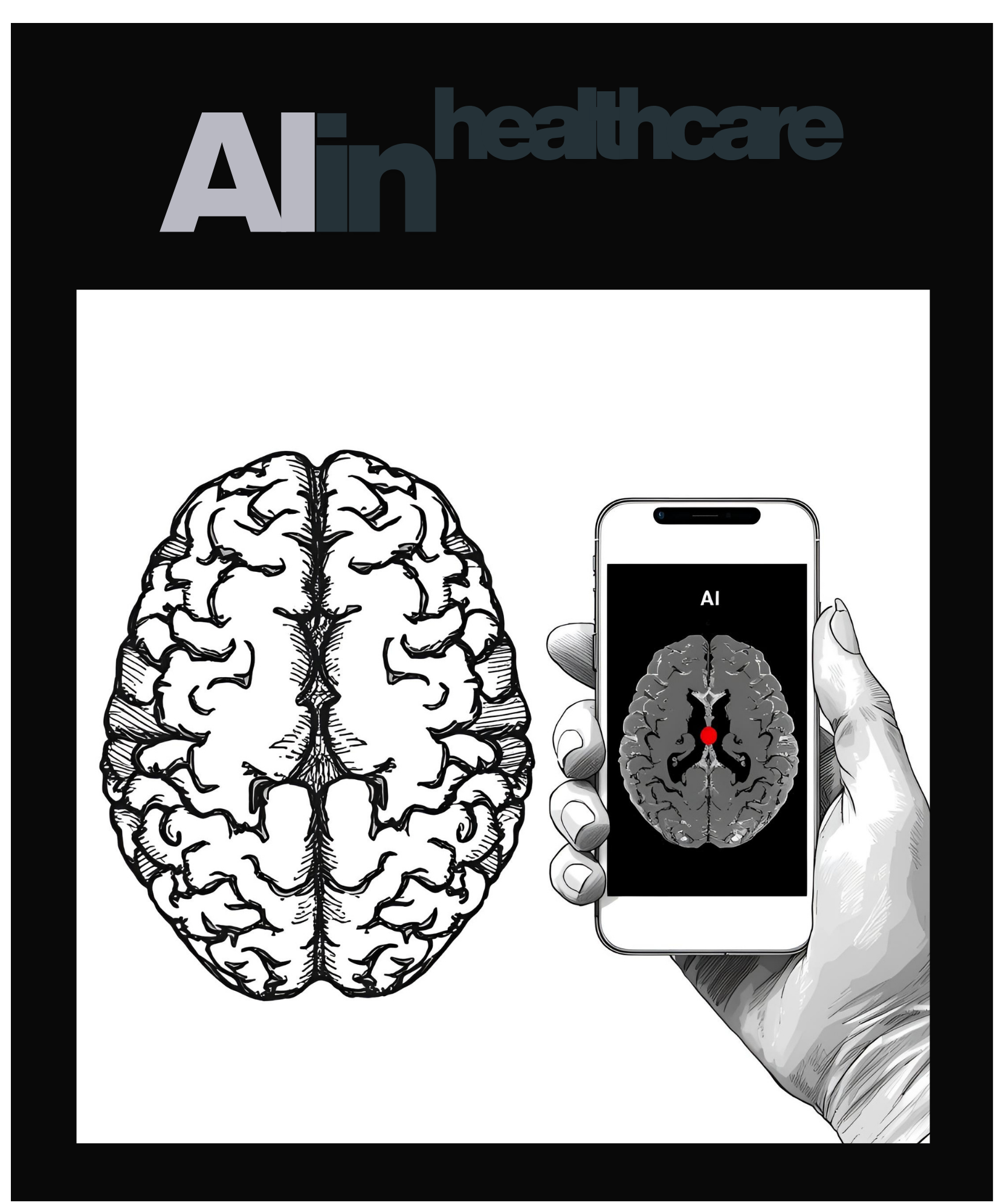Medical Expertise, AI, and Trust (MAT)
AI in Healthcare | 2025-today
Every year, almost 200 new medical AI devices are approved by the FDA. Every day, 1.5 million people in the US walk into a hospital. Some of them are patients, some of them are visitors, some are vendors, and some are employees. Among the employees, some are medical doctors. All of them are now introduced to new AI devices, tools, and systems, which join the hospital where they connect. Some of them even know about these new AI medical devices. How is trust formed between MDs, patients, nurses, para-medical professionals, visiting friends and families, and new medical AI devices?
AI in Acute Stroke Care
Supported by a US-Israel Binational Science Foundation (BSF) grant, this case study looks at AI in stroke detection. Stroke is a medical emergency where “time is brain,” i.e., every minute counts for saving brain tissue and functions. At MAT, we study the integration of AI tools for stroke imaging detection on hospital CT/MRI machines and the streamlining of acute stroke care via mobile apps. AI devices on CT/MRIs for detecting strokes are based on computer vision and deep learning algorithms produced by competing AI companies. The mobile apps are part of the AI product and aim to speed up urgent medical care with alerts, high-resolution visualizations, and a digital chat. The medical network of expertise of stroke care comprises multiple medical specialties, notably radiology, neurology, and neuro-intervention, with their varying ranks, training traditions, and medicolegal responsibilities. Moreover, stroke care frequently encompasses more than one hospital according to the “hub” and “spoke” model, where patients requiring brain intervention are transferred by NYC’s Health & Hospitals, from a primary “spoke” hospital to a comprehensive stroke center “hub.” MAT explores how AI impacts trust in NYC’s medical network of expertise, how AI medical devices are trusted, and what this case study of stroke care can teach us about AI and trust in medical expertise.
MAT cooperates with the AI Healthcare in Organizations Lab, comparing AI in stroke care between NYC and Israel’s largest HMO.
Gil Eyal
Columbia University
Project Lead
Netta Avnon
Western University (Canada)
Project Affiliate



